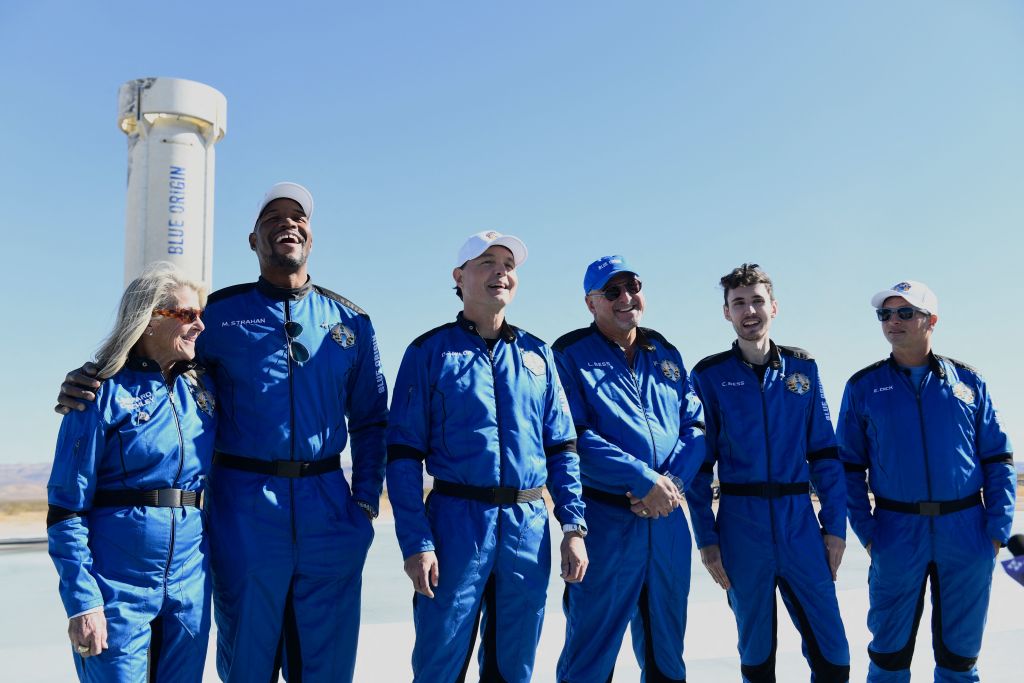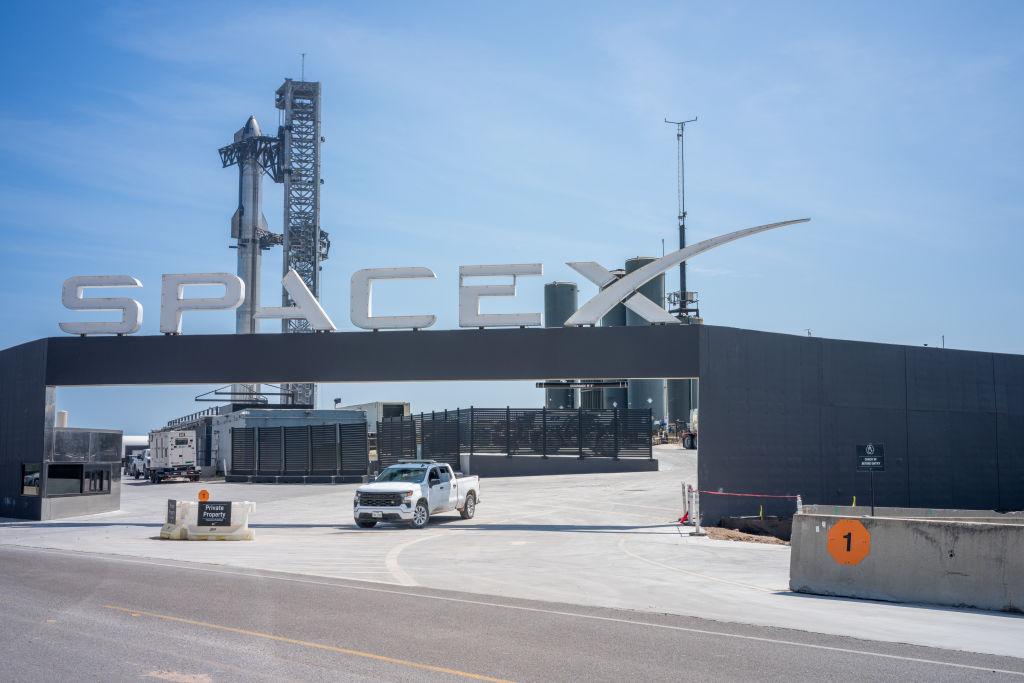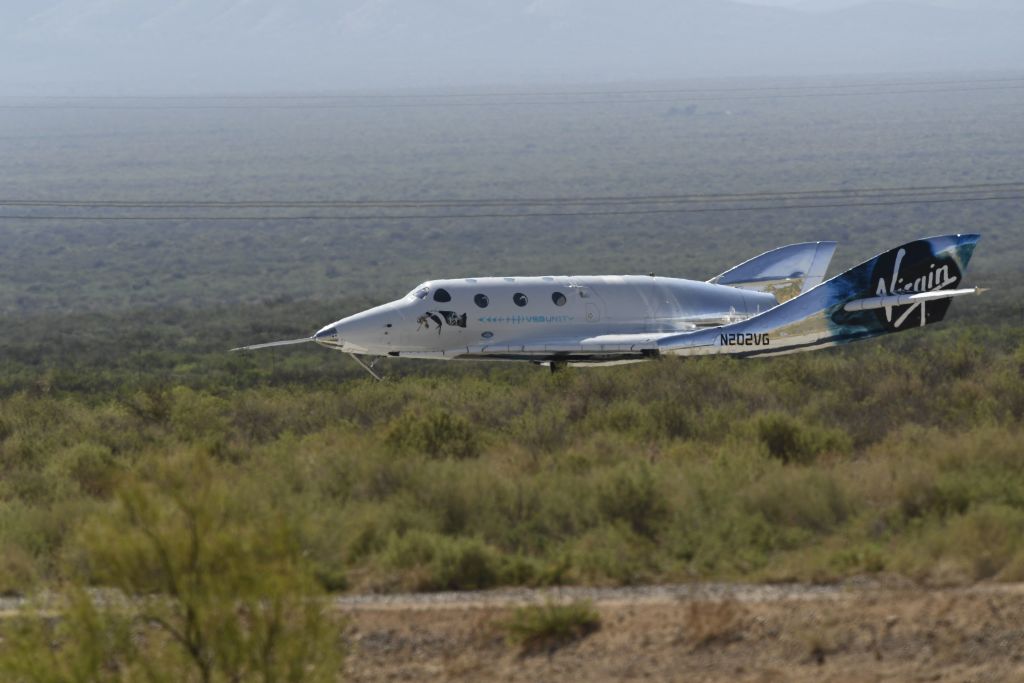Early space travel relied solely on resources and manpower that required government-scaled operations like NASA to make them a reality. Fast forward a decade or two and the landscape of space travel has changed significantly. NASA is now forging partnerships with many private companies including Virgin Galactic, SpaceX, and Blue Origin to further U.S. space initiatives.
Another example of these types of partnerships is Icon, an Austin-based construction company assisting NASA in its Artemis program pursuit to return American astronauts to the moon. This time, not just to visit, but eventually to remain on the moon and use it as a base for exploring Mars and beyond.
NASA awarded Icon $57.2 million to develop a construction system to build structures on the moon. Icon’s giant 3D printers will lay the foundations for a more permanent stay by building infrastructure on the moon’s surface including landing pads, roads, and even housing.
According to Tim Chrisman, the founder and executive director of Foundation for The Future, the space sector is at a transformative juncture, with public-private partnerships driving unprecedented advancements. These collaborations are helping to expedite technological innovation and democratize access to space, creating a robust ecosystem where both large corporations and agile startups can thrive.
“Private sector companies like SpaceX and Blue Origin are revolutionizing near-space travel by leveraging rapid innovation cycles, cost efficiencies, and cutting-edge technologies. SpaceX’s reusable rockets have slashed launch costs, making space more accessible,” said Chrisman.
“Blue Origin, with its New Shepard and New Glenn rockets, is also pushing the boundaries of cost-effective and reliable space travel. These advancements allow NASA to focus on groundbreaking science and exploration, while companies like SpaceX and Blue Origin handle the logistics and technology development”

SpaceX Continues to Expand
SpaceX continues to carve its niche in the space exploration sector with another planned test flight of its Starship rocket set to depart from Boca Chica. While SpaceX currently has just one Texas launch site, plans are underway to build a second location.
In early June, SpaceX began to build its second launch tower in Boca Chica, Texas. The new tower is still under construction, but is slated to be the launch site for Starship once completed.
Earlier in the year the rocket company’s CEO Elon Musk announced that SpaceX was moving its state of incorporation from Delaware to Texas.

Pivotal Milestones in Space Travel
The pursuit to get humans back on the moon and 3D construction is just the tip of the iceberg, with many important milestones coming within the next 10 years.
“The next decade will witness milestones such as human missions to Mars, the establishment of lunar bases, and the proliferation of commercial space stations. These developments will not only push the boundaries of human capability but also inspire the next generation of scientists, engineers, and entrepreneurs. By investing in space infrastructure today, we are laying the foundation for a future where space is integral to human progress and prosperity,” said Chrisman.
Anticipated milestones in space travel include:
- Commercial Space Stations: The development and deployment of private space stations will redefine our presence in low Earth orbit, facilitating research, tourism, and manufacturing.
- Lunar Missions: NASA’s Artemis program, in collaboration with private partners, aims to return humans to the Moon, establishing a sustainable lunar presence and paving the way for Mars exploration.
- Space Tourism: Companies like SpaceX, Blue Origin, and Virgin Galactic will bring space tourism to the forefront, making it accessible to a broader audience.
- Debris Removal Initiatives: Successful demonstrations of space debris removal will set the stage for large-scale operations, ensuring the long-term sustainability of space activities.
Private industry will continue to shape the space sector in a variety of ways. Besides furthering space exploration and travel, it’s opening up the doors to more job and career opportunities. According to a 2023 Space Sector Skills Survey, there’s a growing need for individuals trained in support areas including commercial operations, software, robotics, AI, and data.






